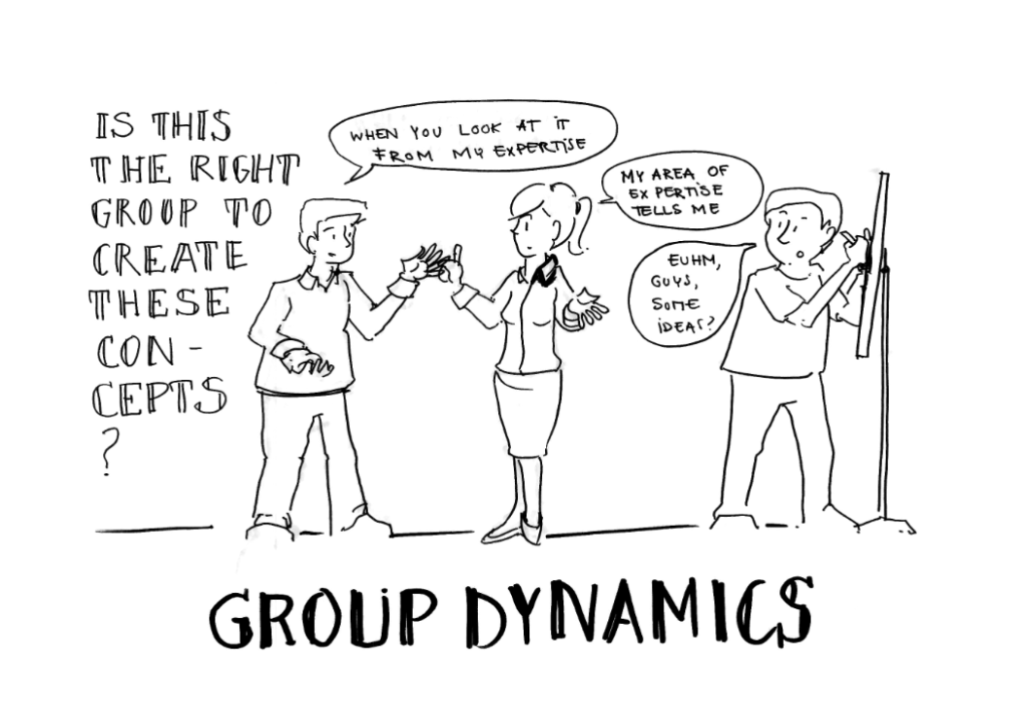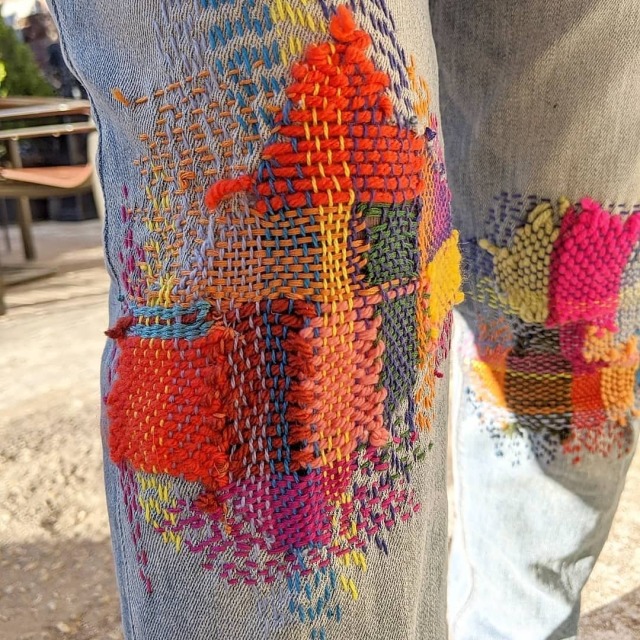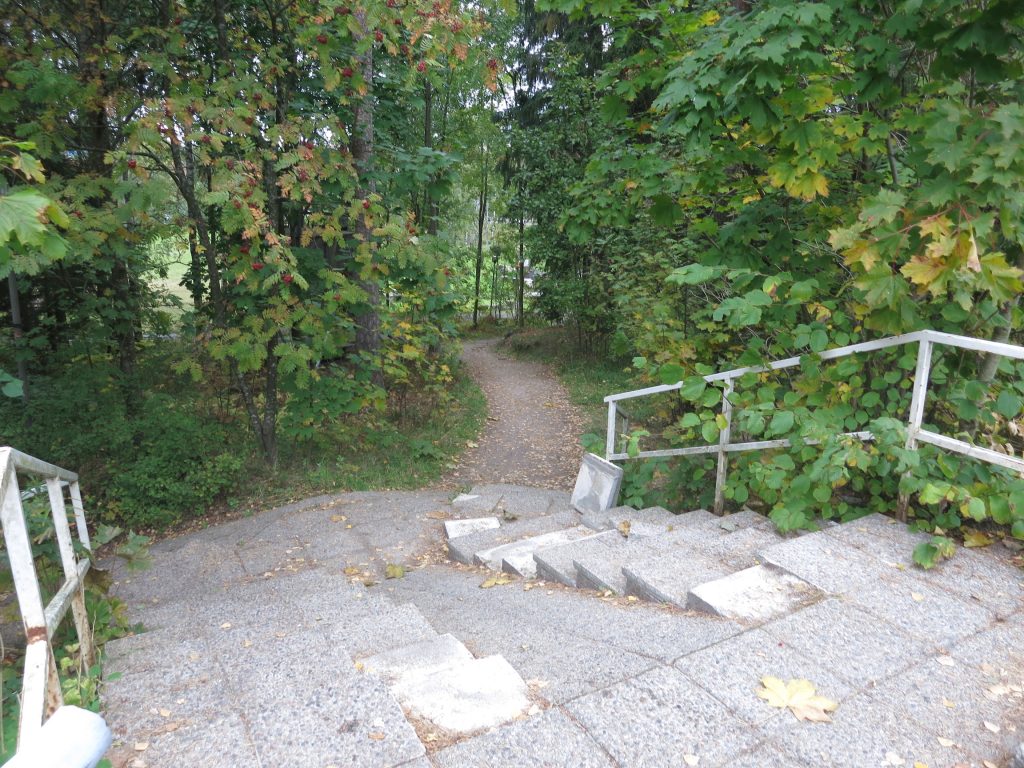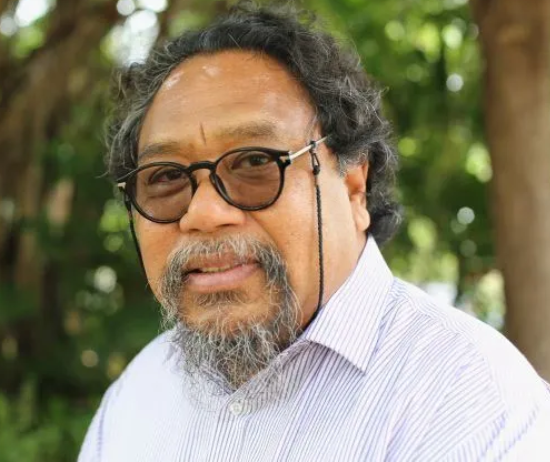Navigating epistemological complexity and plurality

The need to develop competences for navigating epistemological complexity and plurality is one that has remained overlooked within Euro-Western academy. Yet this epistemic task is recognized as a daily practice of lived experience among the majority of non-Westerners and Indigenous Peoples who are themselves educated in modern western science (Reano 2020; Nakata 2007; Yunkaporta 2019; […]
Multidimensional Climate Justice Must Recognize ALL Types of Knowledge Holders

What is interesting in this diagram from Kivimaa et al. (2021:7) from the Finnish Climate Change panel, is the missing component of Indigenous, local, and traditional knowledge from the sphere of Recognition Justice. Why it is interesting is because the authors cite Tribaldos & Kortetmäki (2022) among their references for the concept of justice, who […]
Paradigm change or changing paradigms?

There is yet one leverage point that is even higher than changing a paradigm. That is to keep oneself unattached in the arena of paradigms, to stay flexible, to realize that no paradigm is “true,” that every one, including the one that sweetly shapes your own worldview, is a tremendously limited understanding of an immense […]
On Nakata’s Cultural Interface Theory

“The research you do will have the power to label, name, condemn, describe, or prescribe solutions to challenges in former colonized, indigenous peoples and historically oppressed groups. You are encouraged to conduct research without perpetuating self-serving Western research paradigms that construct Western ways of knowing as superior to the Other’s ways of knowing”. Bagele Chilisa. […]
Knowledge systems and making space for the embodied and experiential
Liberating myself from technical specifications of word count, third person voice, tone and choice of words is the power given to me in my own blog space – my ba, if you will – where I can play around with bits of ‘knowledge’ and rearrange them as I will. There are new concepts that I […]
Pondering the standpoint of a third culture kid (TCK) exploring plural knowledge systems
“[We] reflected on what it meant to be Brown academics (Curtis-Boles et al., 2012; Muhs et al. 2012) while personally navigating multiple cultural and work boundaries as transnational women (Joseph 2014).” (Lahiri-Roy, Belford, & Sum, 2021) Looking for a standpoint from which to respectfully approach different knowledge systems, particularly local, traditional, and Indigenous ones, led […]
Knowledge Creation through Metaphors of Traditional Craftsmanship
Ten years ago, most of the academics working in the area of indigenous knowledge represented anthropology, development sociology, and geography. Today … important contributions are also being made in the fields of ecology, soil science, veterinary medicine, forestry, human health, aquatic science, management,botany, zoology, agronomy, agricultural economics, rural sociology, mathematics, …. fisheries, range management, information […]
Reflections in the sand: Integrating Indigenous ways of thinking into design-centered creative practice
Yunkaporta’s 5 minds, derived as bridge to Indigenous thinking from the principles of the Aboriginal knowledge system (2019) You can’t help but look at these 5 minds that Tyson Yunkaporta has derived from the principles of the Aboriginal knowledge system as a means for us to embrace Indigenous thinking and think how well they reflect […]
Exploratory study of the literature of information architecture
I introduce the idea of Multi-sensory cognitive justice, and make a case for it through a synthesis of the literature available on information architecture. Given that I was standing there when the field was born as a professional occupation with its own association etc I think I can navigate my way back to the beginning […]